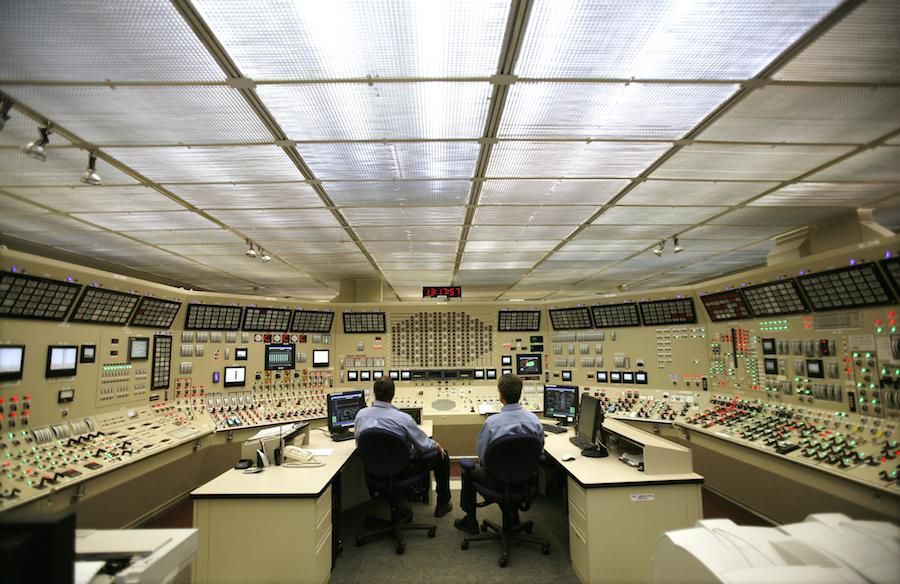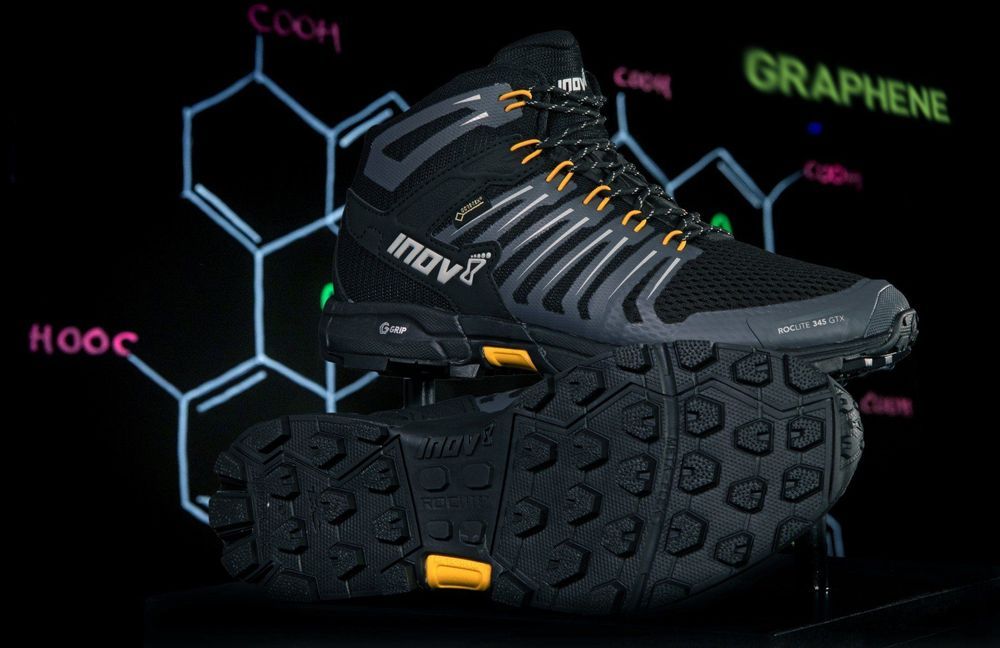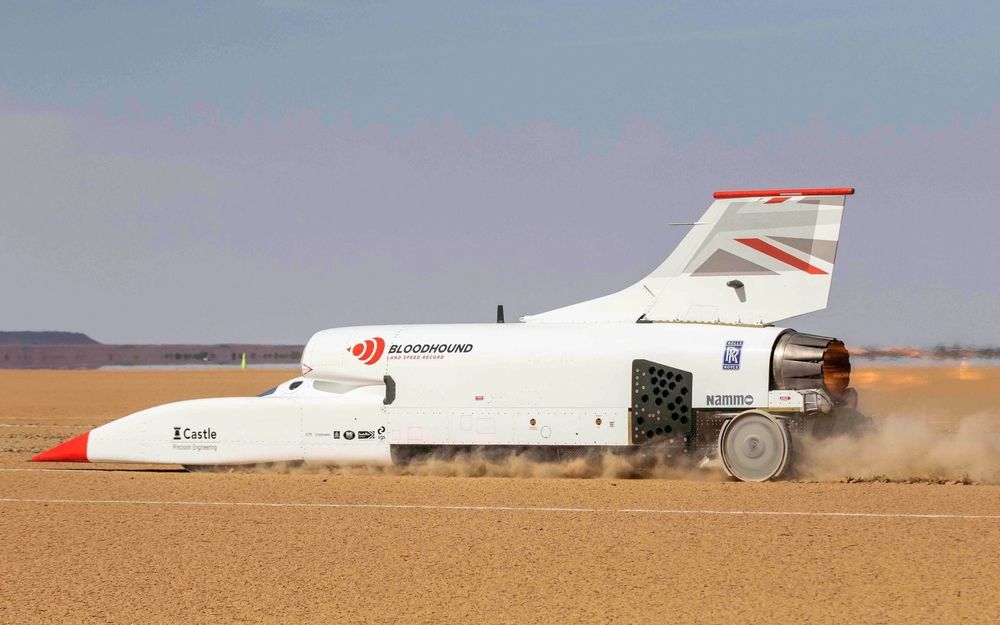The coronavirus disease 2019 (COVID-19) pandemic does not affect everyone equally. While anyone can contract COVID-19, accumulating data suggest that older people or those with pre-existing comorbidities are far more likely to have severe complications or die from the disease. While researchers scramble to unravel the mechanisms of action underlying the disease’s wide-ranging effects, news that the disease hits older people hardest has been received without demur: it is widely accepted that to be old is to be fragile. Indeed, even in so-called normal times, everyone expects more things break as people age: bones, hearts, brains. In the context of the pandemic, being old is seen as just one more comorbidity.
It should not be.
We accept growing old and losing our vitality as an inevitability of life. To do so is to overlook the fact that ageing is, fundamentally, a plastic trait—influenced both by our genetic predispositions and many (controllable) environmental factors. Anecdotally we know this to be true: for some, being in their eighties means being confined to a wheelchair whereas for others, like Eileen Noble, who at 84 years old was the oldest runner in 2019’s London Marathon, it decidedly does not. The burgeoning field of biogerontology is now beginning to amass data in support of such observations. Single genetic mutations in evolutionarily conserved pathways across model organisms—ranging from fruit flies to mice—increase lifespan by up to 80%. Crucially, not only do these animals live longer, they also have a longer youthspan—the proportion of their lives in which they retain the trappings of youth such as peak mobility, immunity, and stress resilience.









